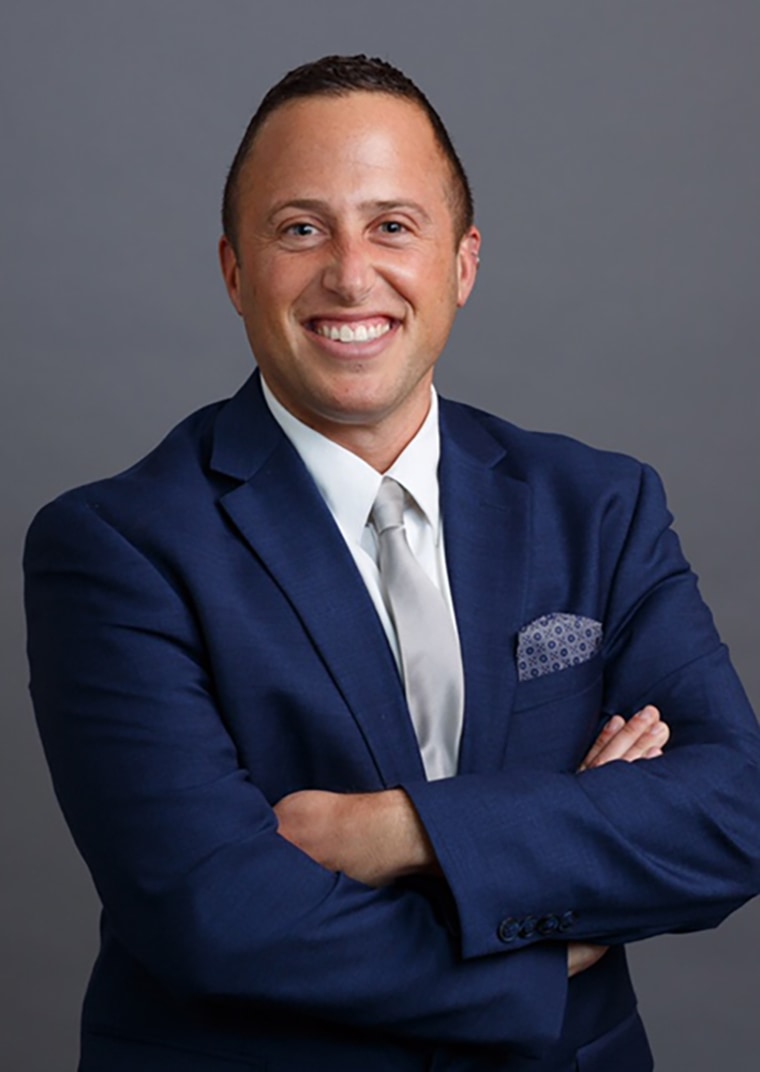When Nathan Levitt was in nursing school at New York University, there was very little knowledge of transgender health among the medical community.
“I spent a lot of my time in school educating staff and students about the barriers transgender patients face in health care and the roles and responsibilities of nurses to break those barriers down,” Levitt told NBC News.

Now, seven years later, Levitt is both a family nurse practitioner and the director of the transgender program NYU Langone Health.
“I wanted to be able to make a difference in the lives of communities that felt alienated and traumatized within health care,” Levitt said, noting many transgender patients are terrified to see health care providers due to fear of discrimination and the lack of affirming care.
Through his work, Levitt said he is able to help transgender people receive “empowering health care,” including gender-confirmation surgery.
“I have worked most of my life helping trans patients affirm their authentic selves,” Levitt said. “I get to watch patients’ faces light up when they see their bodies for the first time after surgery, and I help them to learn self-care, connect them to resources and support, and coordinate their holistic care.”
To other transgender individuals thinking about pursuing a career in health care, Levitt said, “It’s a tough road, but it is a rewarding one.” He also said the unique experiences of trans people are needed in the health field.
“Your voice and experience make a difference, and there are so many of us out there to support you,” he said.
As for what the broader health care community can do to help better provide affirming care to trans patients, Levitt mentioned the importance of using “sensitive language.” For example, care providers could ask patients which pronouns they prefer and what “language they use for their body parts.”
“When health care professionals are educated and comfortable with the importance of this language, patients will be more able to share their health history,” Levitt added.
What does “pride” mean to you?
“Pride to me means living our authentic lives, fighting for justice in whatever way feels possible and celebrating all of those who came before us, which is the root of the history of pride.”
View the full NBC Out #Pride30 list & follow NBC Out on Twitter/Facebook/Instagram